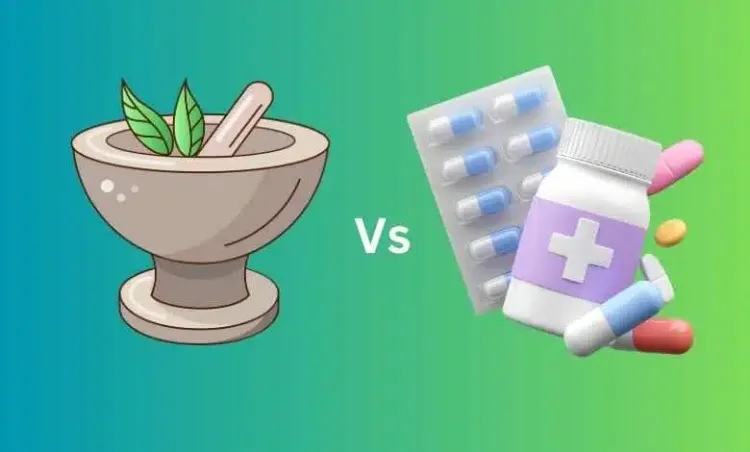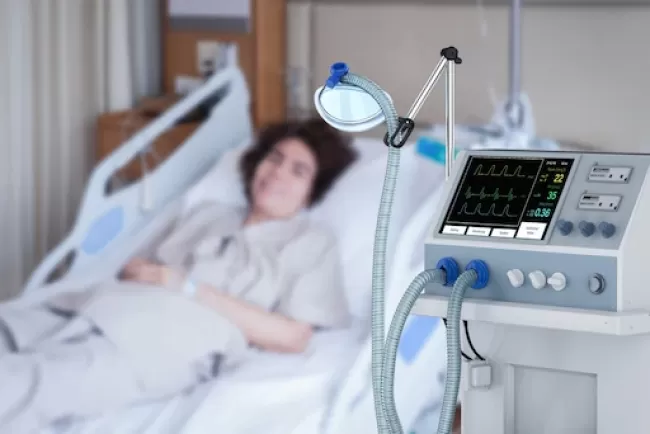Allopathy vs. Homeopathy: Understanding Their Uses and Benefits

Allopathy vs. Homeopathy: Understanding Their Uses and Benefits
Introduction
When it comes to healthcare, people often find themselves choosing between allopathy and homeopathy. While allopathy is the mainstream medical practice backed by scientific research and pharmaceutical drugs, homeopathy is an alternative medicine system based on the principle of "like cures like." This article explores the differences between allopathy and homeopathy, their uses, benefits, and limitations to help you make an informed decision about your health.

What is Allopathy?
Allopathy, also known as conventional or modern medicine, is a system of medical practice that uses drugs, surgeries, and therapies to treat diseases. It is evidence-based and focuses on eliminating symptoms and curing illnesses through scientifically tested treatments.
Common Uses of Allopathy
-
Treating acute and chronic diseases such as infections, diabetes, and heart disease.
-
Managing emergency conditions like heart attacks, strokes, and injuries.
-
Providing vaccinations to prevent diseases.
-
Performing surgeries for various medical conditions.
Benefits of Allopathy
-
Fast and Effective Treatment – Works quickly to relieve symptoms and cure diseases.
-
Scientific Research and Evidence-Based – Every drug and procedure undergoes rigorous testing.
-
Advanced Technology and Specialization – Highly effective for surgeries, complex diseases, and critical care.
-
Availability of Preventive Medicine – Vaccines and diagnostic tests help prevent illnesses before they occur.
What is Homeopathy?
Homeopathy is a natural form of medicine based on the idea that a substance that causes symptoms in a healthy person can be used to treat similar symptoms in a sick person. It involves highly diluted substances to stimulate the body’s self-healing process.
Common Uses of Homeopathy
-
Treating allergies, migraines, digestive disorders, and skin conditions.
-
Managing chronic diseases like asthma, arthritis, and anxiety.
-
Supporting immune system health and overall well-being.
Benefits of Homeopathy
-
Minimal or No Side Effects – Since homeopathic remedies are highly diluted, they are generally safe and do not cause significant side effects.
-
Holistic Approach – Focuses on treating the root cause rather than just symptoms.
-
Personalized Treatment – Remedies are tailored to an individual’s specific symptoms and body type.
-
Supports Long-Term Healing – Strengthens immunity and improves overall health naturally.
Limitations of Each System
Limitations of Allopathy
-
Side Effects – Some medications can cause adverse reactions or long-term health issues.
-
Drug Dependency – Long-term use of certain medications can lead to dependency.
-
Costly Treatments – Advanced treatments and surgeries can be expensive.
Limitations of Homeopathy
-
Slow-Acting Results – Takes longer to show improvement, especially for acute conditions.
-
Limited Scientific Evidence – Some studies question its effectiveness due to extreme dilutions of active ingredients.
-
Not Suitable for Emergencies – It cannot replace immediate medical interventions like surgeries or life-saving treatments.
Which One to Choose?
Choosing between allopathy and homeopathy depends on the type of illness, severity, and personal preferences. Here’s a general guideline:
-
Use Allopathy When: Dealing with acute conditions, infections, life-threatening diseases, or requiring immediate relief and advanced treatments.
-
Use Homeopathy When: Seeking a natural, side-effect-free approach for chronic conditions, allergies, or boosting overall wellness.
-
Combine Both: Some people opt for integrative medicine, using allopathy for urgent care and homeopathy for long-term healing.

Conclusion
Both allopathy and homeopathy have their strengths and limitations. While allopathy offers fast and scientifically proven treatments for severe conditions, homeopathy provides a natural, holistic approach to wellness. The best choice depends on the individual’s health needs and the nature of the illness. Always consult a qualified medical professional before deciding on any treatment path to ensure the best outcome for your health.
What's Your Reaction?

















